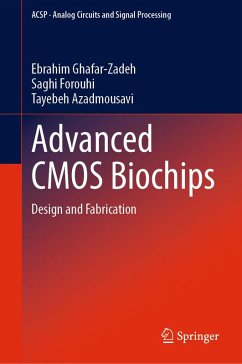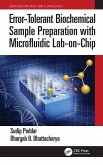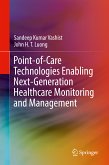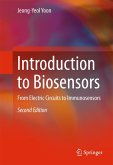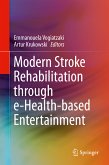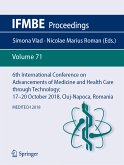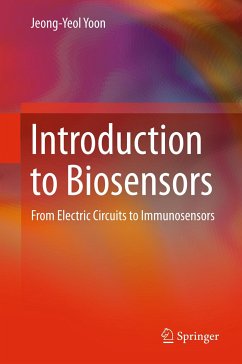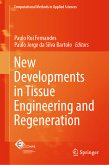Advanced CMOS Biochip takes multi-path approach: microelectronic design and implementation of bio-interfaces offering a vital contemporary view of a wide range of integrated circuits and system for electrical, magnetic, optical and mechanical sensing and actuating blocks and much more; classical knowledge of biology, biochemistry as well as microfluidics. The coverage is both practical and in depth integrating experimental, theoretical and simulation examples. By using AdvancedCMOS Biochip, readers will have the fundamentals and design techniques to grasp the situation which arise typically in CMOS biochip devices.
Dieser Download kann aus rechtlichen Gründen nur mit Rechnungsadresse in A, B, BG, CY, CZ, D, DK, EW, E, FIN, F, GR, HR, H, IRL, I, LT, L, LR, M, NL, PL, P, R, S, SLO, SK ausgeliefert werden.

